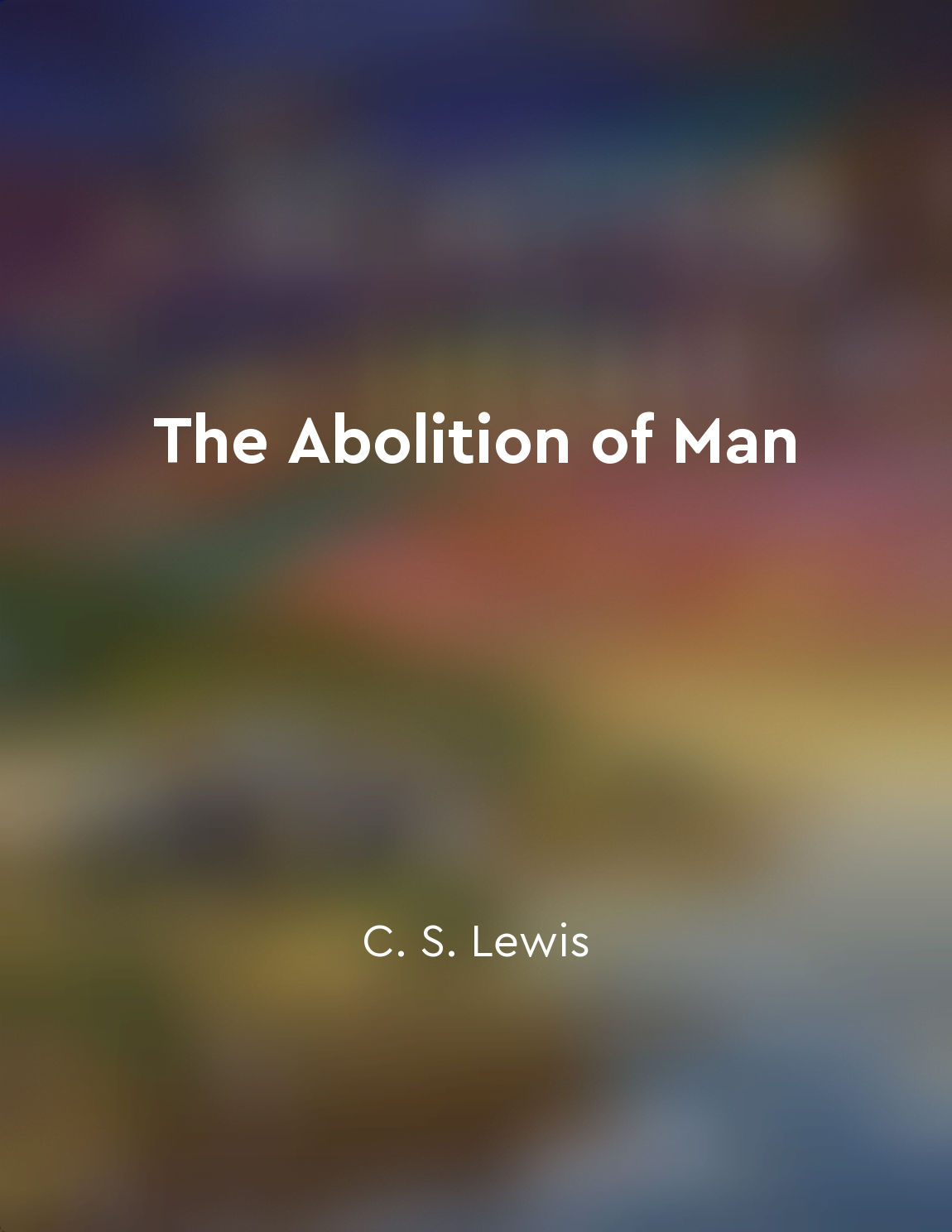Morality is about following the moral law from "summary" of THE CRITIQUE OF PRACTICAL REASON by Immanuel Kant
The concept of morality as following the moral law is central to understanding the framework of ethical behavior put forth by Immanuel Kant in his work "The Critique of Practical Reason." According to Kant, morality is not about following one's desires or inclinations, but rather about adhering to a universal and objective standard of right and wrong. This standard is derived from what Kant refers to as the moral law, which he argues is based on reason and rationality rather than subjective feelings or emotions. Kant argues that the moral law is a fundamental principle that applies to all rational beings, regardless of their individual circumstances or desires. It is through the moral law that we are able to determine what is morally right and morally wrong in any given situation. This law is not contingent on external factors such as societal norms or personal preferences, but rather is an inherent and immutable aspect of human nature. For Kant, following the moral law is not always easy or convenient. It may require individuals to act in ways that go against their own self-interest or personal desires. However, Kant believes that it is only through following the moral law that we can truly be considered moral beings. By acting in accordance with the moral law, individuals are able to transcend their own selfish desires and act in a way that is consistent with their duty as rational beings. Kant argues that the moral law is binding on all rational beings, regardless of whether they choose to acknowledge it or not. This means that individuals are morally obligated to follow the moral law, even if they do not agree with it or find it difficult to do so. According to Kant, morality is not about what feels good or what is convenient, but rather about doing what is objectively right and just according to the dictates of reason.- Kant's concept of morality as following the moral law is a foundational aspect of his ethical philosophy. By adhering to the moral law, individuals are able to act in a way that is consistent with their duty as rational beings and uphold universal principles of right and wrong. This concept challenges individuals to transcend their own desires and inclinations in order to act in accordance with an objective standard of morality.
Similar Posts

Slow thinking involves deliberate, effortful reasoning
Slow thinking is a mental process that requires attention and mental effort. It involves the deliberate and conscious use of re...

The notion of free will is an illusion, constrained by societal influence
The idea that individuals possess true freedom of choice in their actions is a deceptive one, influenced and shaped by the norm...

Moral sympathy promotes social cohesion
The principle of sympathy, as it operates in human nature, plays a crucial role in fostering social unity and cohesion. When in...

The dangers of reducing humanity to mere objects
In the world we live in, there exists a grave danger, a danger that threatens the very essence of humanity itself. This danger ...
The moral sense is evidence of a godly nature
The moral sense, that inner compass guiding our decisions of right and wrong, is a powerful indicator of a godly nature within ...
Secularism promotes equality among diverse beliefs
In the modern world, where people come from diverse backgrounds and follow different belief systems, secularism plays a crucial...
Categories of understanding organize experience
In order to comprehend the nature of experience, it is essential to recognize the role played by the categories of understandin...
Language shapes thought
In examining the relationship between language and thought, it becomes evident that language plays a significant role in shapin...
Society shapes individual values and norms
In the intricate web of human interactions, individuals find themselves constantly influenced by the society in which they are ...

